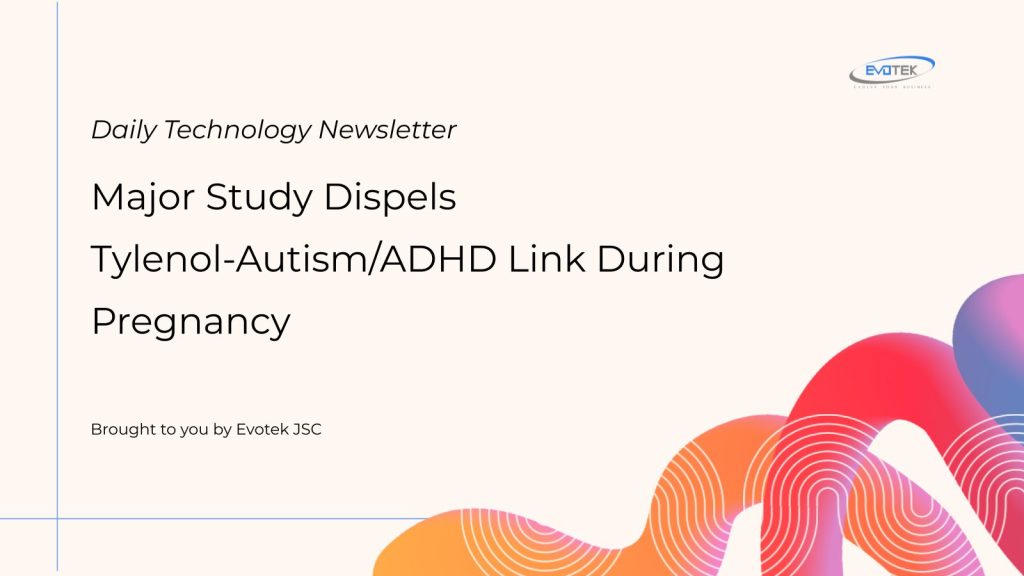Despite growing concerns and prominent advice suggesting expectant mothers avoid acetaminophen, a comprehensive new study has found no credible link between its use during pregnancy and the development of autism or attention-deficit/hyperactivity disorder (ADHD) in children. This groundbreaking “umbrella review” offers significant reassurance to parents and healthcare providers.
Undertaken by researchers at the University of Liverpool, the in-depth evidence review was a direct response to recent discussions regarding the safety of acetaminophen, commonly known as Tylenol in the US or paracetamol elsewhere, for pregnant women. The team meticulously evaluated existing systematic reviews, uncovering varying levels of quality and, critically, a widespread failure in previous studies to adequately account for crucial parental health and lifestyle factors. This oversight, the researchers concluded, often led to tenuous or unconvincing associations.
Evidence-Based Reassurance for Expectant Mothers
Professor Shakila Thangaratinam, the lead researcher from the University of Liverpool, emphasized the clarity of their findings. “Through this work, we have shown that based on current evidence, there is no clear link between women taking paracetamol during pregnancy and a diagnosis of autism or ADHD in their children,” Professor Thangaratinam stated. “These findings are vital for healthcare professionals to provide evidence-based advice and to reassure mothers about the safe use of paracetamol during pregnancy when indicated.”
The researchers employed an “umbrella review” methodology, a high-level summary of existing reviews designed to assess their validity. Their analysis encompassed nine systematic reviews, which collectively covered 40 observational studies on acetaminophen use and offspring neurodevelopment. Four of these papers also included meta-analyses.
Flaws in Previous Research Uncovered
The Liverpool team rigorously assessed each paper for potential bias, rating their confidence in the findings as high, moderate, low, or critically low. A significant discovery was that confidence in the overall findings of most previous reviews was predominantly rated as critically low (seven reviews), with two additional reviews deemed to have low confidence.
Crucially, the review highlighted a major flaw: only one of the included reviews incorporated two studies that had properly adjusted for confounding genetic and environmental factors shared by siblings, and also considered the parents’ mental health, background, and lifestyle. In these two well-adjusted studies, the purported link between acetaminophen use and autism or ADHD either completely vanished or became substantially less convincing once these other influential factors were taken into account.
Call for More Robust Women’s Health Research
Beyond debunking a specific link, this umbrella review revealed a broader issue: the significant gaps and widespread flaws in existing research concerning pregnancy and common over-the-counter medications. “Current evidence does not demonstrate a clear link between paracetamol use in pregnancy and autism, but our work also demonstrates how poor the data is around medications in pregnancy,” noted Professor Louise Kenny, Pro-Vice-Chancellor and Head of the Faculty of Health and Life Sciences at the University of Liverpool. “This highlights the wider problem of historic and continuing underinvestment in women’s health research.”
While acknowledging some limitations, such as the inherent difficulty in comparing studies that varied in length, timing, and dosage, the researchers firmly reiterated that their work robustly demonstrates “the lack of credible evidence linking paracetamol use in pregnancy and autism and ADHD in offspring.”
The pivotal research was published in the esteemed journal The BMJ.

 日本語
日本語 한국어
한국어 Tiếng Việt
Tiếng Việt 简体中文
简体中文